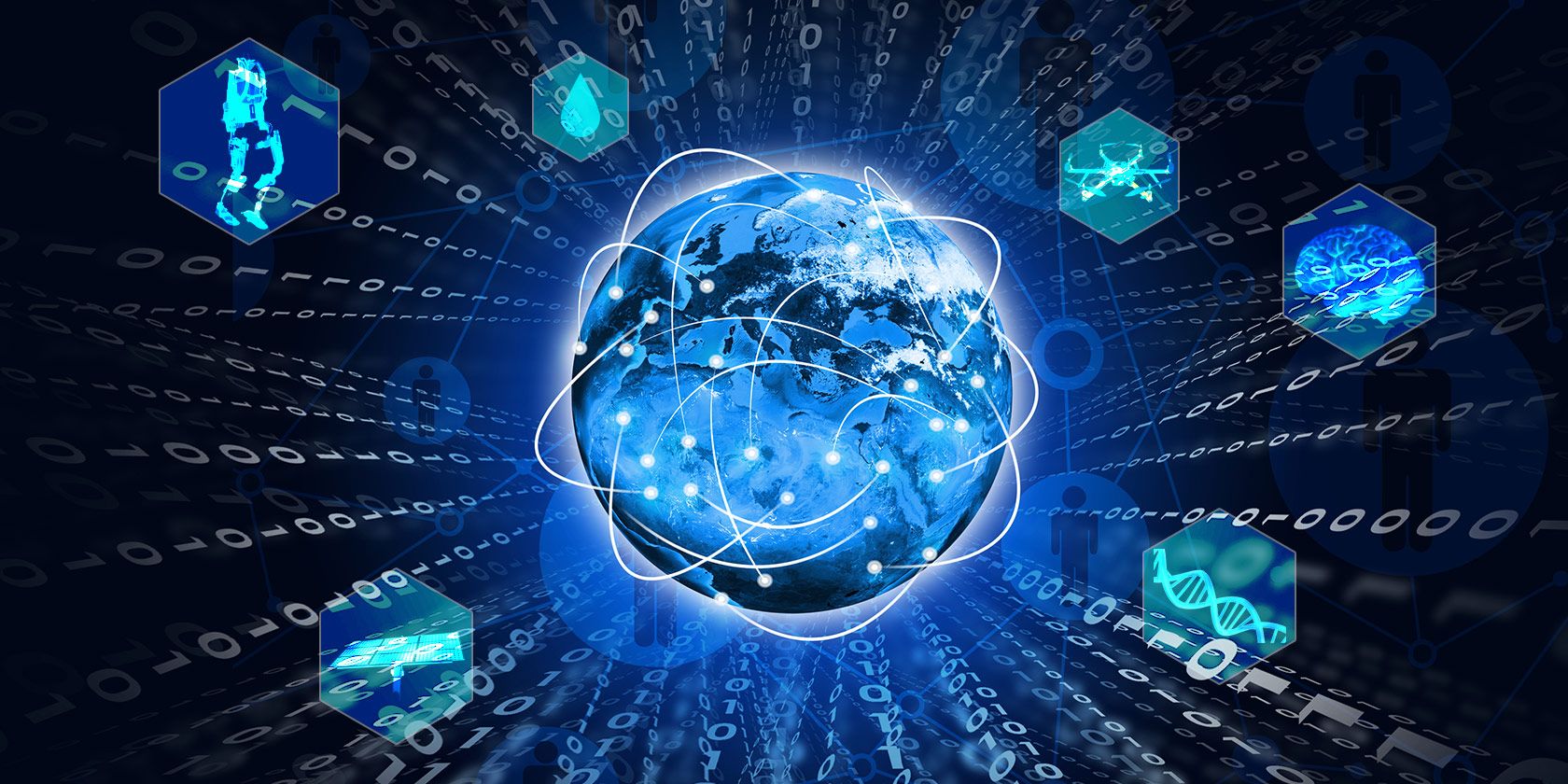Political Activism: Understanding What Drives Party Devotees
The psychology behind political activism
Party activists form the backbone of any political system. These dedicated individuals spend countless hours make phone calls, knock on doors, organize events, and advocate for their choose candidates or causes. While most citizens limit their political involvement to occasional voting, activists devote substantial portions of their lives to politics. Understand why they make this commitment reveal important insights about human motivation and civic engagement.
Research systematically show that political activists are drive by a complex mix of psychological factors. Many experience what psychologists call” political efficacy ” the belief that their personal actions can meaningfully impact the political system. This sense of agency create a powerful motivational force that sustain long term commitment.
Identity and community connection
For many activists, political involvement become a core part of their personal identity. Their political affiliation answer the fundamental question:” who am iI ” tThisidentity base motivation explain why many remain committed eve when face setbacks or limited tangible rewards.
Dr. Rachel Thompson, political psychologist at Columbia University, explain:” when political activism becomes intertwine with personal identity, disengagement become psychologically costly. Leave would mean abandon not exactly a cause, but a fundamental aspect of who tthey are ”
The social connections form through political activism besides provide powerful incentives. Political parties and movements create mean knit communities where activists develop meaningful relationships with like-minded individuals. These social bonds oftentimes become equally important as the political goals themselves.
The role of social networks
Studies show that most activists initially join political movements through personal connections quite than ideological conviction lone. A friend or family member’s invitation to attend a meeting or volunteer for an event oftentimes serve as the entry point. Erstwhile involve, the social rewards – belong, friendship, and share purpose – help maintain commitment.
Political organizations strategically cultivate these social connections through regular meetings, social events, and team base activities. The virtually successful political movements create environments where activism and social fulfillment become inseparable.
Ideological motivation and moral conviction
While social factors play a crucial role, ideological commitment remain fundamental for most activists. Many really will believe their party’s policies will create a better society and feel virtuously will obligate to will advance these ideas.
Research by moral psychologist Jonathan Haidt demonstrate that political beliefs are deep intertwine with moral intuitions. For conservatives, values like loyalty, authority, and sanctity oftentimes drive activism. Progressives often cite care, fairness, and liberty as their motivating principles. In both cases, these moral foundations create powerful emotional drivers that sustain commitment through challenges.
This moral dimension explains why political disagreements oftentimes become hence heated. When activists perceive oppose views as virtuously wrong quite than but incorrect, compromise become difficult. Their activism take on the character of a moral crusade instead than merely a policy preference.

Source: press.uchicago.edu
The influence of perceived threats
Political engagement oftentimes intensifies during periods when activists perceive threats to their values or interests. Research show that negative emotions like anger, fear, and outrage can be more motivating than positive ones. When activists believe fundamental rights or values are under attack, their commitment typicallstrengthensen.
This explains why opposition to policies or candidates oftentimes mobilize activists more efficaciously than support for their own side. The perception that something important is at stake create urgency that translate into increase volunteer hours and donations.
Career advancement and personal benefits
While idealism drive many activists, practical considerations besides play a role. Political involvement can provide valuable career opportunities, especially for those interested in government, policy, or related fields. Network with influential party members, develop relevant skills, and demonstrate commitment can open doors to jobs, appointments, or elect positions.
Former campaign manager Michael Ramirez note:” many activists start with pure idealism but discover that their political work build an impressive resume. The skills develop through organize – communication, leadership, strategic thinking – are extremely transferable to many professional contexts. ”
Some activists finally transition to pay political roles as staff members, consultants, or candidates. Others leverage their political connections to advance in adjacent fields like lobbying, public relations, or nonprofit management. Yet those who ne’er monetize their activism oftentimes gain valuable skills and experiences.
The influence incentive
Access to power and influence motivate some activists. By become trust volunteers, they gain opportunities to shape party platforms, influence candidate selection, and potentially affect policy decisions. This access provide a sense of importance that many find deep rewarding.
Political scientist Dr. jams wWilsoncategorize political activists into three types base on their primary motivations: ” aterial “” seek tangible benefits ),) p” osive ” ( ” ve by policy goals ), an)” soli” y ” ( mot” te by social connections ). Most )tivists combine elements of all three, though one typically predominate.
Psychological rewards of activism
Political activism provide significant psychological benefits that help explain its appeal. Research systematically show that meaningful civic engagement correlate with higher levels of life satisfaction and psychological well-being.

Source: vox.com
Several factors contribute to these positive effects:
- Purpose and mean activism connect daily activities to larger societal goals, provide a sense of purpose many find lack in other areas of life.
- Self-efficacy successfully organize events or persuade voters build confidence that transfers to other life domains.
- Cognitive stimulation political work involve complex problem solve, strategic thinking, and continuous learning.
- Recognition activists receive appreciation and acknowledgment from candidates, party leaders, and fellow volunteers.
These psychological rewards help explain why many activists continue their involvement eventide when face electoral defeats or policy setbacks. The process itself provide fulfillment independent of outcomes.
The role of early political socialization
Research systematically show that family background powerfully influence political activism. Children raise in politically engage households are importantly more likely to become activists themselves. This transmission occur through several mechanisms:
- Direct observation of parents’ political activities
- Dinner table discussions about current events
- Early exposure to political environments and figures
- Development of civic skills and knowledge
Educational institutions besides play a crucial role in develop future activists. Civics education, debate clubs, student government, and service learn programs build the skills and interests that oftentimes lead to later political involvement. College campuses, in particular, serve as incubators for political activism, expose students to diverse viewpoints and provide opportunities for engagement.
Formative political experiences
Many committed activists can identify specific events that catalyze their political involvement. These” political awakenings ” ftentimes occur during late adolescence or early adulthood – periods when identity formation is peculiarly active. Major social movements, controversial policies, or charismatic candidates often serve as entry points.
Political scientist Dr. Marco Gonzalez explain:” for many baby boomers, the civil rights movement or vVietnam Warprotests were formative experiences. Generation x activists oftentimes cite the rReaganrevolution or environmental movements. For millennials, the oObamacampaign or occupy wWall Streetplay similar roles. Each generation have its political touchstones that activate lifelong commitment. ”
Overcome barriers to activism
Despite the rewards, political activism present significant challenges. Understand how committed activists overcome these barriers provide further insight into their motivation:
Time constraints
Political activism require substantial time commitments, oftentimes compete with work, family, and other obligations. Dedicated activists develop strategies to integrate their political work into busy lives:
- Schedule regular volunteer shifts like any other commitment
- Involve family members in political activities
- Use vacation time for campaign work during critical periods
- Finding roles that accommodate their availability
Many activists describe make conscious trade-offs, prioritize political work over leisure activities or career advancement. This willingness to sacrifice indicate the depth of their commitment.
Emotional costs
Political activism can exact significant emotional tolls. Activists regularly face rejection, hostile interactions, and the disappointment of electoral defeats or policy failures. Sustain motivation through these challenges require resilience and effective cope strategies.
Successful long term activists typically develop several psychological mechanisms to maintain their commitment:
- Focus on incremental progress sooner than ultimate outcomes
- Create supportive communities that provide emotional sustenance
- Celebrate small victories along the way
- Develop perspective on setbacks as part of a foresight journey
These strategies help activists avoid burnout and maintain their commitment through inevitable disappointments.
The evolving nature of political activism
While core motivations remain consistent, the nature of political activism continue to evolve. Digital technologies have created new forms of engagement that supplement traditional activities. Social media organizing, online fundraising, and digital communication strategies nowadays complement door knock and phone banking.
These technological changes have lower certain barriers to entry, allow more part-time or episodic involvement. Nevertheless, research suggest that the virtually effective political movements however require dedicated activists willing to build personal relationships and engage in high effort activities.
The COVID-19 pandemic accelerate the adoption of hybrid organizing models that combine virtual and in person elements. Political organizations nowadays offer more flexible participation options, potentially broaden their activist base while maintain core commitments.
Conclusion: the essential role of party activists
Party activists represent a comparatively small but crucial segment of the population. Their willingness to devote substantial time and energy to political causes stem from a complex interplay of psychological, social, and practical factors. Identity, community, moral conviction, and personal benefits all contribute to sustain their commitment.
Understand these motivations provide important insights not exactly about politics, but about human behavior more generally. The same factors that drive political activism – purpose, connection, efficacy, and recognition – appear systematically across various forms of sustained commitment.
For democracy to function efficaciously, societies need citizens willing to move beyond passive observation to active participation. Political activists, despite represent a minority of citizens, play an outsized role in shape electoral outcomes and policy directions. Their dedication ensure that political parties remain connected to grassroots concerns and capable of mobilize support.
As political scientist Robert Putnam observe, the health of any democracy depend importantly on its” social capital ” the networks, norms, and trust that enable collective action. Party activists generate and maintain this essential resource, oftentimes receive little recognition for their crucial role in democratic governance.



